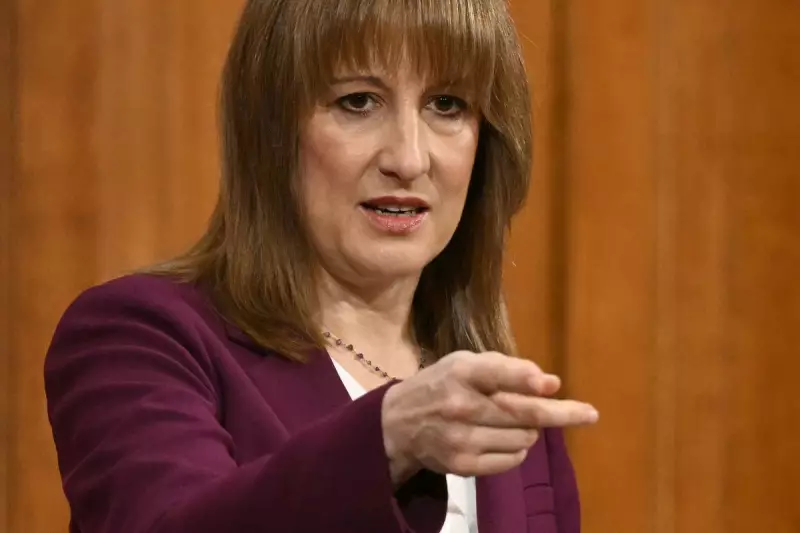
The British pound has suffered a significant blow in international markets, plummeting to its lowest level against the US dollar in five weeks following Chancellor Rachel Reeves's inaugural budget announcement.
Financial markets reacted sharply to the Labour government's economic plans, with sterling falling nearly half a cent to $1.2612 against the dollar and experiencing similar declines against the euro. This market response signals growing investor concern about Britain's economic direction under the new administration.
Market Jitters Over Tax Uncertainty
Currency traders expressed particular anxiety about potential tax increases that could emerge from the autumn budget. The pound's slide represents one of the most substantial single-day declines since the Labour Party's landslide election victory earlier this month.
Analysts suggest the market movement reflects deeper worries about how the government plans to balance its spending commitments with fiscal responsibility. "The currency markets are sending a clear message about their confidence in the UK's economic prospects," noted one senior currency analyst.
Budget Details Spark Concern
While Chancellor Reeves emphasized stability and growth in her budget speech, markets appeared to focus on the underlying implications for business taxation and public spending. The decline occurred despite broader global market stability, indicating UK-specific concerns are driving the sterling sell-off.
Financial experts warn that continued currency weakness could exacerbate inflation pressures by increasing import costs, creating a challenging environment for the Bank of England's monetary policy decisions.
Looking Ahead
All eyes now turn to the autumn statement, where more detailed tax and spending plans will be revealed. The government faces the delicate task of reassuring markets while delivering on its election promises, with the pound's performance serving as a daily referendum on their economic credibility.





